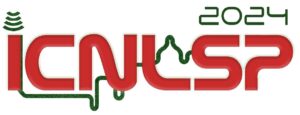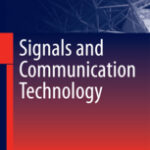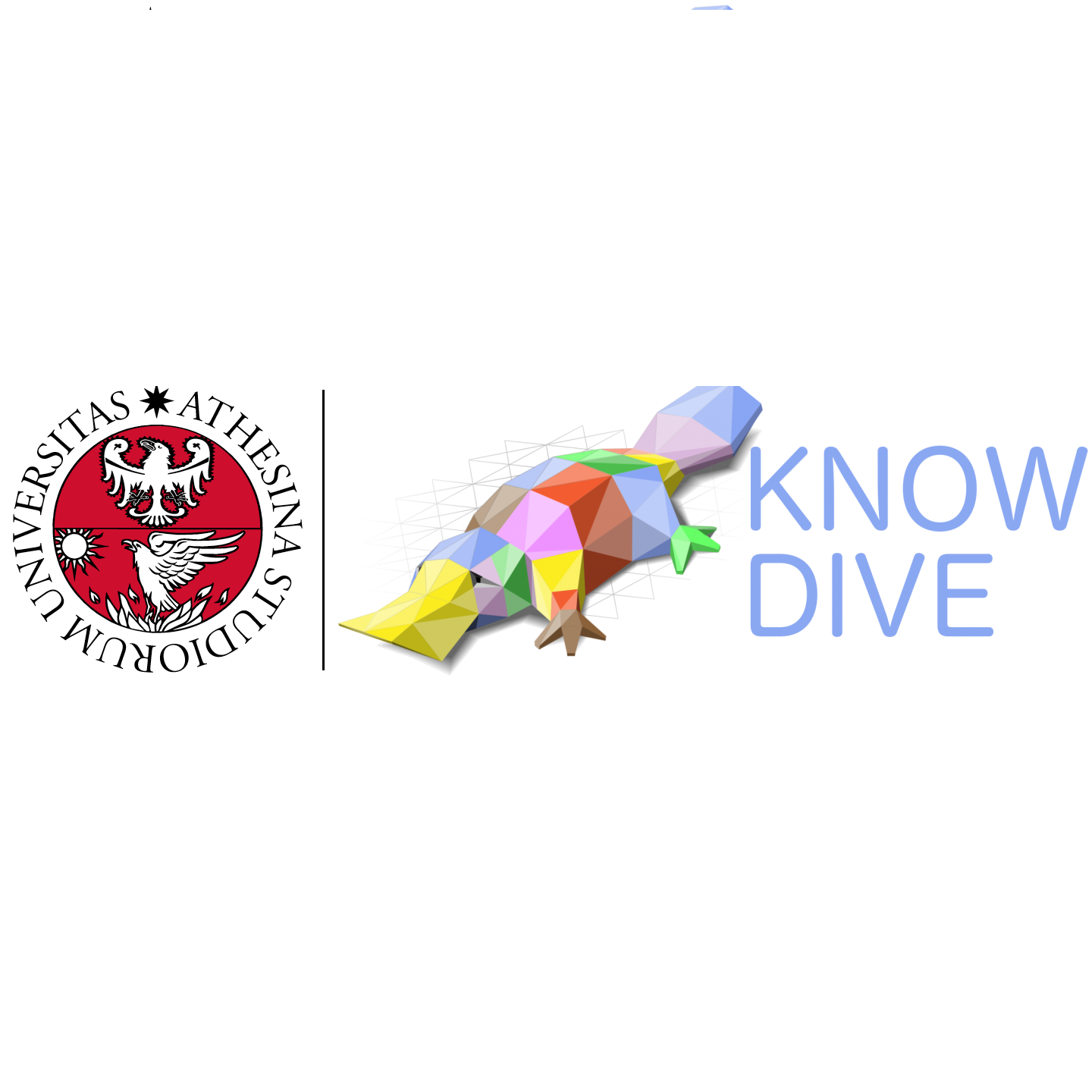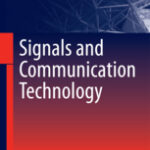7th International Conference on Natural Language
and Speech Processing
October 19-20, 2024
Trento, Italy
Welcome to ICNLSP 2024
We are delighted to invite you to ICNLSP 2024, the 7th edition of the International Conference on Natural Language and Speech Processing, which will be held at University of Trento from October 19th to 20th, 2024.
As the previous versions, ICNLSP 2024 offers the opportunity for attendees (researchers, academics and students, and industrials) to share their ideas and to connect to each other and make them up to date on the ongoing researches in the field.
We look forward to welcoming you to ICNLSP 2024. If you need any additional information, please e-mail us at: icnlsp(at)gmail(dot)com.
Calls
The 7th International Conference on Natural Language and Speech Processing (ICNLSP 2024) aims to attract contributions related to natural language and speech processing, in basic theories and applications as well. Regular and posters sessions will be organized, in addition to keynotes presented by senior international researchers.Authors are invited to present their work relevant to the topics of the conference.
The following list includes the topics of ICNLSP 2024 but not limited to:
- Signal processing, acoustic modeling.
- Speech recognition (Architecture, search methods, lexical modeling, language modeling, language model adaptation, multimodal systems, applications in education and learning, zero-resource speech recognition, etc.).
- Speech Analysis.
- Paralinguistics in Speech and Language (Perception of paralinguistic phenomena, analysis of speaker states and traits, etc.).
- Spoken Dialog Systems and Conversational Analysis
- Speech Translation.
- Speech synthesis.
- Speaker verification and identification.
- Language identification
- Speech coding.
- Speech enhancement
- Speech intelligibility
- Speech Perception
- Speech Production
- Brain studies on speech
- Phonetics, phonology and prosody.
- Speech and hearing disorders.
- Paralinguistics of pathological speech and language.
- Speech technology for disordered speech/hairing.
- Cognition and natural language processing.
- Machine translation.
- Text categorization.
- Summarization.
- Sentiment analysis and opinion mining.
- Computational Social Web.
- Arabic dialects processing.
- Under-resourced languages: tools and corpora.
- Large language models.
- Arabic OCR.
- NLP tools for software requirements and engineering.
- Knowledge fundamentals.
- Knowledge management systems.
- Information extraction.
- Data mining and information retrieval.
- Lexical semantics and knowledge representation.
- Requirements engineering and NLP.
- NLP for Arabic heritage documents.
Submission
Papers must be submitted via the link: https://cmt3.research.microsoft.com/ICNLSP2024/
Each submitted paper will be reviewed by three program committee members.The reviewing process is double-blind. Authors can use the ACL format: Latex or Word.
Authors have the choice to submit their papers as a full or short paper.
Long papers consist of up to 8 pages of content + unlimited pages of references and appendices. Short papers, up to 4 pages of content + unlimited pages of references and appendices..
Important dates
Submission deadline: 30 June 2024 11:59 PM (GMT) 12 July 2024 11:59 PM (GMT)
Notification of acceptance: 15 September 2024
Camera-ready paper due: 25 September 2024
Conference dates: 19, 20 October 2024
Speakers
TBD
ICNLSP Committee
General chair
Chair
Program Committee
- Ahmed Abdelali, QCRI, Qatar.
- Muhammad Abdul-Mageed, University of British Columbia, Canada.
- Hend Al-Khalifa, King Saud University, Saudi Arabia.
- Muhammad Al-Qurishi, Elm, Saudi Arabia.
- Mehmet Fatih Amasyalı, Yildiz Technical University, Turkey.
- Yuan An, Drexel University, USA.
- Nicolas Ballier, University Paris Cité, France.
- Fayssal Bouarourou, University of Strasbourg, France.
- Pierrette Bouillon, University of Geneva, Switzerland.
- Daniel Braun, University of Twente, Netherlands.
- Hadda Cherroun, Amar Telidji University, Algeria.
- Gérard Chollet, CNRS, France.
- Najim Dehak, Johns Hopkins University, USA.
- Abed Alhakim Freihat, University of Trento, Italy.
- Mounim El Yacoubi, Telecom SudParis, France.
- Ahmed Guessoum, USTHB, Algeria.
- Kais Haddar, Faculty of Sciences of Sfax, Tunisia.
- Kristiina Jokinen, University of Helsinki, Finland.
- Ken Kawamura, Revelata Inc., USA.
- Eric Laporte, Gustave Eiffel University, France.
- Mohammed Mediani, UAE University, UAE.
- Abdelouahab Moussaoui, Ferhat Abbas University, Algeria.
- Robert Nickel, Bucknell University, USA.
- Ahmed Rafea, American University in Cairo, Egypt.
- Hugues Sansen, Institut Polytechnique de Paris, France.
- Yücel Saygin, Sabanci University, Turkey.
- Thomas Schmidt, University of Regensburg, Germany.
- Nasredine Semmar, CEA, France.
- Deven Shah, Microsoft, USA.
- Arpit Sood, Meta Inc., USA.
- Peter Sullivan, University of British Columbia, Canada.
- Irina Temnikova, Big Data for Smart Society Institute, Bulgaria.
- Jan Trmal, AppTek, USA.
- Nikos Tsourakis, University of Geneva, Switzerland.
- Guanqun Yang, Stevens Institute of Technology, USA.
- Fayçal Ykhlef, CDTA, Algeria.
- Wajdi Zaghouani, HBKU, Qatar.
- Zbyněk Zajíc, University of West Bohemia, Czechia.
Publication
1- All accepted papers will be published in ACL Anthology.
2- Selected papers will be published (after extension) in:
2-a- A SPECIAL ISSUE of Machine Learning and Knowledge Extraction Journal (MAKE), indexed in Web of Science, Scopus, etc.
Special issue title: Knowledge Graphs and Large Language Models.
2-b- Signals and Communication Technology (Springer), indexed in Scopus and zbMATH.
Call for special session
“Knowledge Graphs and Large Language Models”
Description
In recent years, the fields of Knowledge Graphs (KGs) and Large Language Models (LLMs) have witnessed remarkable advancements, revolutionizing the landscape of artificial intelligence and natural language processing. KGs, structured representations of knowledge, and LLMs, powerful language models trained on vast amounts of text data, have individually demonstrated their prowess in various applications.
However, the integration and synergy between KGs and LLMs have emerged as a new frontier, offering unprecedented opportunities for enhancing knowledge representation, understanding, and generation. This integration not only enriches the semantic understanding of textual data but also empowers AI systems with the ability to reason, infer, and generate contextually relevant responses.
Topics
This special session aims to delve into the theoretical foundations, historical perspectives, and practical applications of the fusion between Knowledge Graphs and Large Language Models. We invite contributions that explore the following areas:
- Theoretical Frameworks: Papers elucidating the theoretical underpinnings of integrating KGs and LLMs, including methodologies, algorithms, and models for knowledge-enhanced language understanding and generation.
- Historical Perspectives: Insights into the evolution of KGs and LLMs, tracing their development trajectories, seminal works, and transformative milestones leading to their integration.
- Design and Implementation: Research articles focusing on the design principles, architectures, and techniques for effectively combining KGs and LLMs to facilitate tasks such as information retrieval, question answering, knowledge inference, and natural language understanding.
- Explanatory Capabilities: Explorations into how the fusion of KGs and LLMs enables the development of explainable AI systems, providing transparent and interpretable insights into model decisions and outputs.
- Human-Centered Intelligent Systems: Studies examining the design and deployment of interactive AI systems that leverage KGs and LLMs to facilitate seamless human-computer interaction, catering not only to experts but also to a broader lay audience.
We encourage submissions that contribute to advancing our understanding of the synergistic relationship between Knowledge Graphs and Large Language Models, fostering interdisciplinary collaborations across computer science, artificial intelligence, linguistics, cognitive science, and beyond. By shedding light on this burgeoning area of research, this special session aims to propel the field forward and inspire future innovations in AI-driven knowledge representation and natural language processing.
Session organizers
Gérard Chollet, CNRS-SAMOVAR Institut Polytechnique de Paris, France.
Hugues Sansen, Institut Polytechnique de Paris, France.
Important dates
Submission deadline: 30 June 2024 11:59 PM (GMT) 12 July 2024 11:59 PM (GMT)
Notification of acceptance: 15 September 2024
Camera-ready paper due: 25 September 2024
Conference dates: 19, 20 October 2024
Publication
The accepted papers will be included in the Conference proceedings which will be published in ACL anthology. The extended versions will be published in a special issue of the Machine Learning and Knowledge Extraction Journal (MAKE), indexed in Web of Science, Scopus, etc.
Registration (Click to register)












